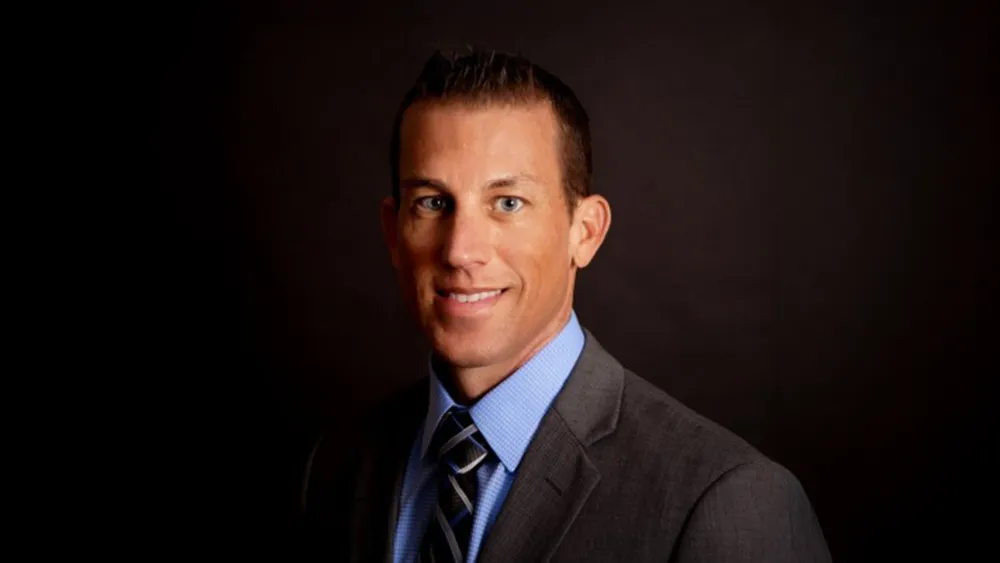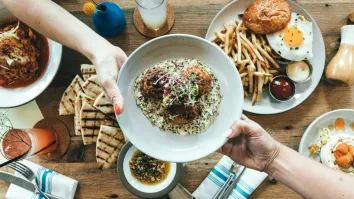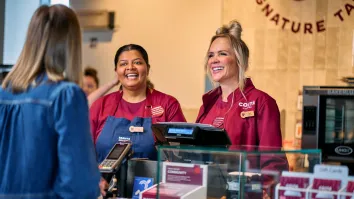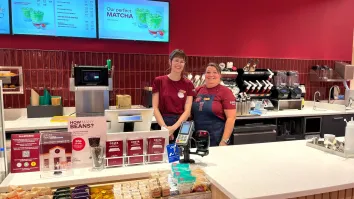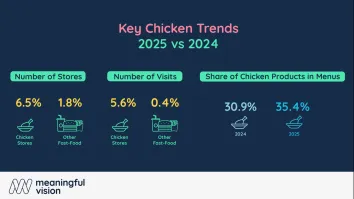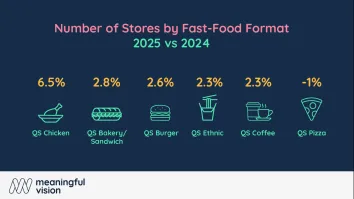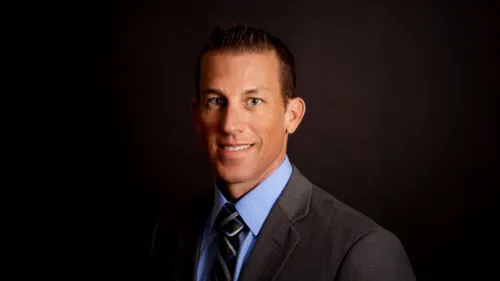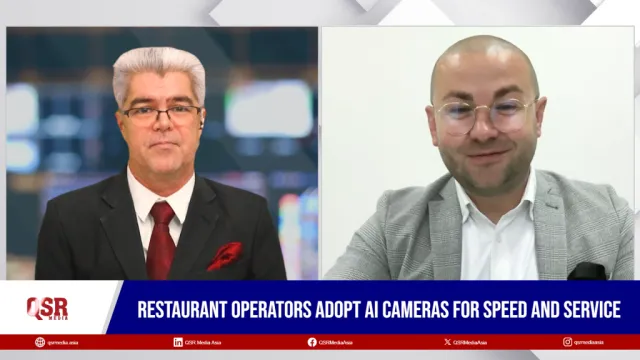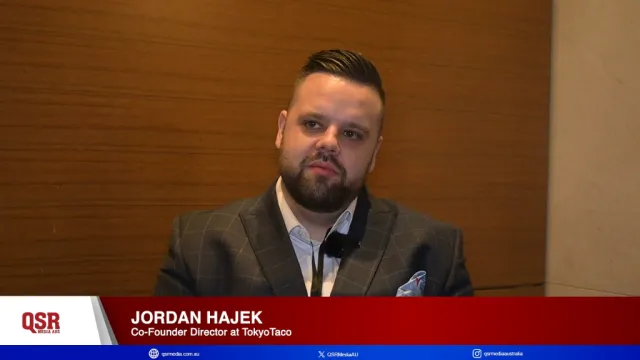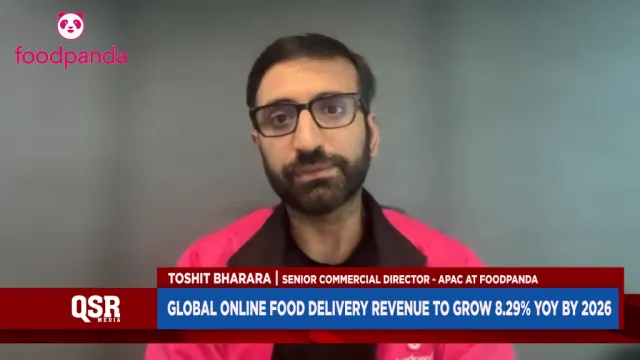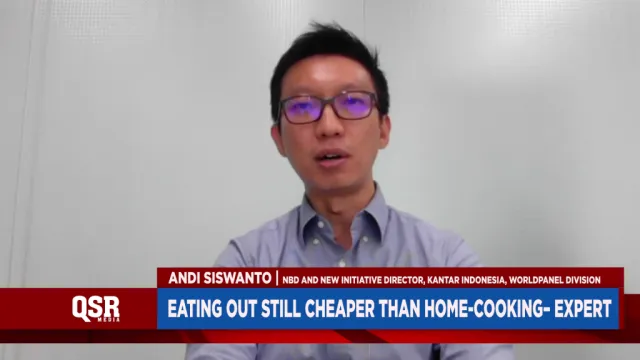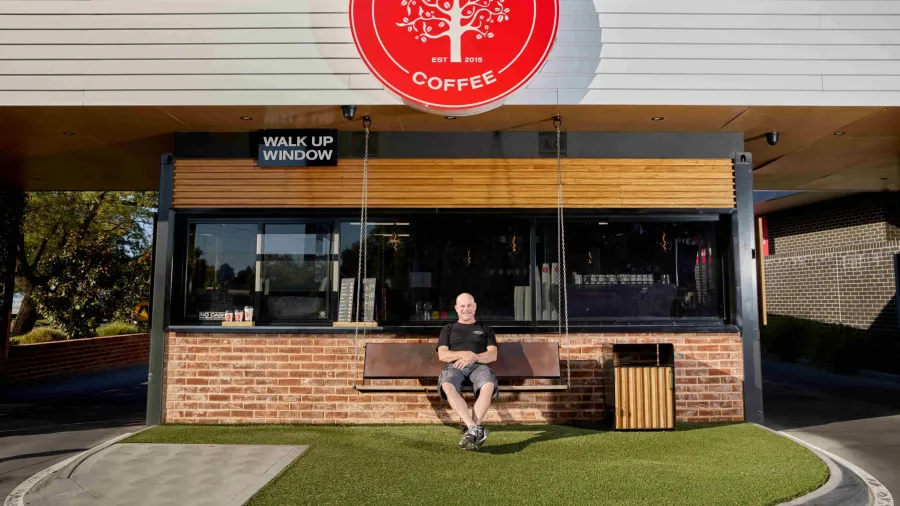
Zarraffa’s Coffee counts on drive-thrus to drive growth
It is either shutting its storefront-only cafes or moving these to become drive-thrus.
Zarraffa’s Coffee plans to ditch all other store formats in favour of drive-thrus, which now account for 70% of sales, as it tries to expand to 200 cafes before the 2032 Brisbane Olympics.
The company is either closing down their storefront-only cafes or relocating these to become drive-thrus, Kenton Campbell, founder of Zarraffa’s, told QSR Media.
“I believe the drive-thru model saved our brand,” he said via Zoom, noting that they were ready when customers demanded convenience and contactless service during the COVID-19 pandemic.
The Brisbane 2032 Olympics offer significant opportunities for retailers like Zarraffa’s, particularly in areas surrounding the game venues and infrastructure upgrades.
The company closed 23 stores over several years before the pandemic, but it had 50% turnover growth during the period, driven largely by the strength of its drive-thru network. It has about 80 stores now.
Campbell said they have managed to retain many of the customers they gained during the pandemic, with most occasional visitors becoming regulars.
He cited the decline in public transport use and rising private vehicle traffic, particularly on freeway systems. “We’re there for them,” he added, noting Zarraffa’s presence along key transit routes.
He said traditional in-centre formats have short lease terms, limited early trading hours, and high competition within shopping centres.
“There’s no real longevity when you only have five, six, or seven-year lease deals,” Campbell said. “And they don’t open the mall until after the coffee morning rush is over.”
These environments are no longer aligned with the brand's customer habits or growth ambitions, he pointed out.
Whilst Zarraffa’s is moving away from centre-based locations, it is not abandoning these partnerships altogether, Campbell said. Instead, the company is setting up freestanding drive-thru locations at shopping centre car parks.
“It doesn’t mean we’re not engaging with them anymore,” he said. “It just means the type of business we’re doing is a drive-thru model only.”
However, the switch doesn’t mean their cafes won’t cater to customers who want to order and stay for the in-store experience. The brand has two operational drive-thru models — one is the traditional full-store drive-thru with a 20 to 80 seating capacity, whilst the other is a smaller drive-thru walk-up.
Campbell said the smaller drive-thru format gives developers the option to integrate into existing retail locations. By sacrificing just a few car park spaces, they can serve more customers daily, boosting foot traffic to the entire area.
Listening to the market
This encourages people to combine tasks such as shopping and grabbing coffee, he said. But the expansion could become more challenging this year as more fast-food chains overhaul their menus amidst a coffee boom, he added.
Chatime recently made its premium iced coffee more customisable for the older Millennial market, while the Coffee Club and Jamaica Blue have both redesigned their stores.
Meanwhile, new brands like Japan-based speciality coffee chain Arabica and Indonesian coffee shop Kopi Kenangan have announced plans to expand to Australia.
Campbell said Zarraffa’s only needs a portion of the market to succeed, and focuses on going where their customers are instead of chasing its rivals.
He noted that whilst customers would likely visit other brands, chains must expand beyond high streets and truly understand local tastes to stay in the game.
“Just because you got a good brand somewhere else, [it doesn’t mean you can succeed here],” he said. “You can’t just open a bunch of stores. You need to listen to the Australian market.”
Zarraffa’s plans to invest in a distribution point, possibly in Melbourne, to comply with different state packaging laws, Campbell said.
He said the company’s $20m investment in its Queensland headquarters in 2019 was a major one, but spending in the next five years would be smaller, focusing on areas such as technology improvements and a possible shift to cashless operations.
The coffee chain recently completed the pilot test for its freshly baked in-store range in Southeast Queensland and plans to roll out the format in the next 18 months.
Campbell said they lead with a franchise-led approach when it comes to food. Their next target? Capturing the breakfast market.
